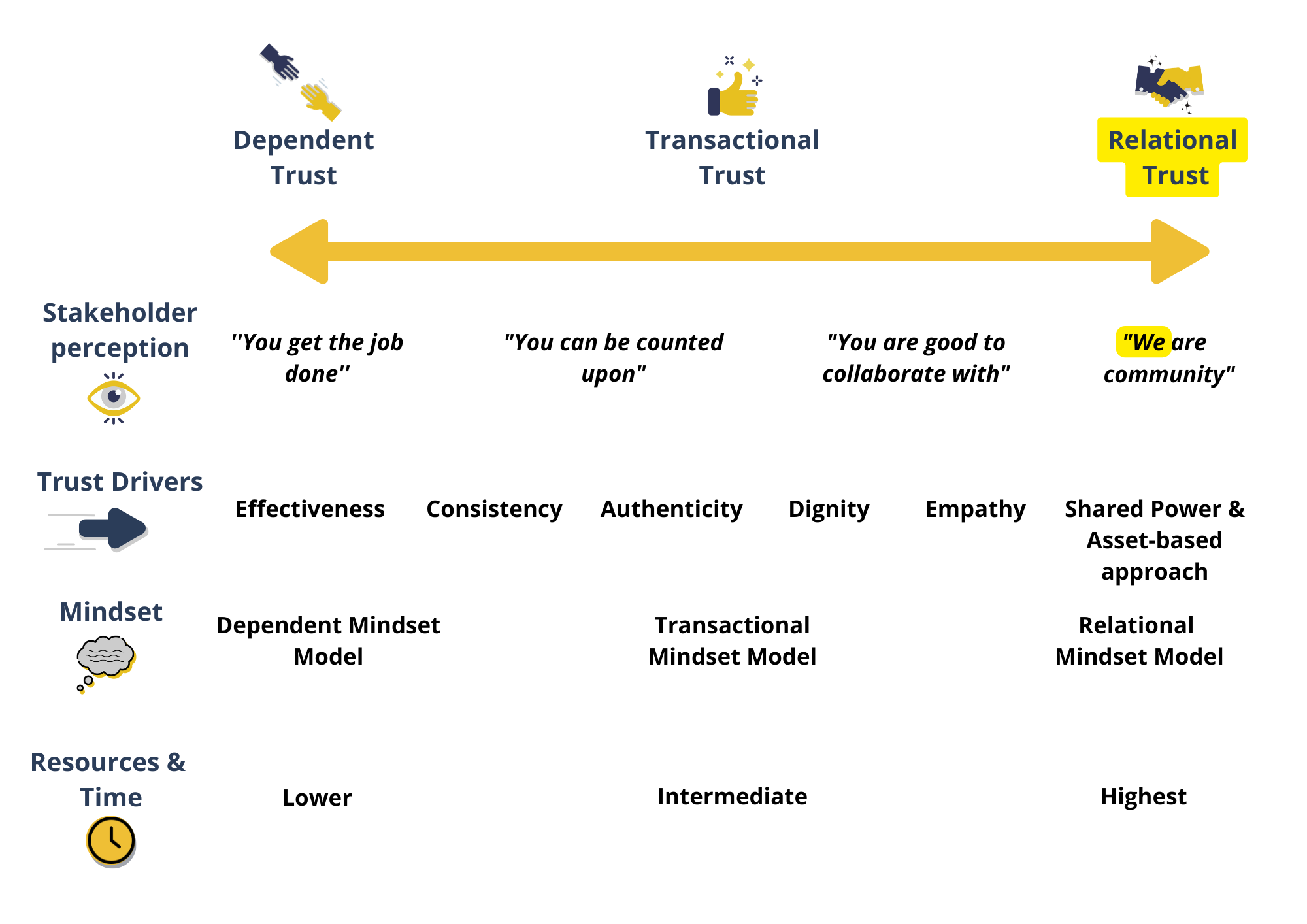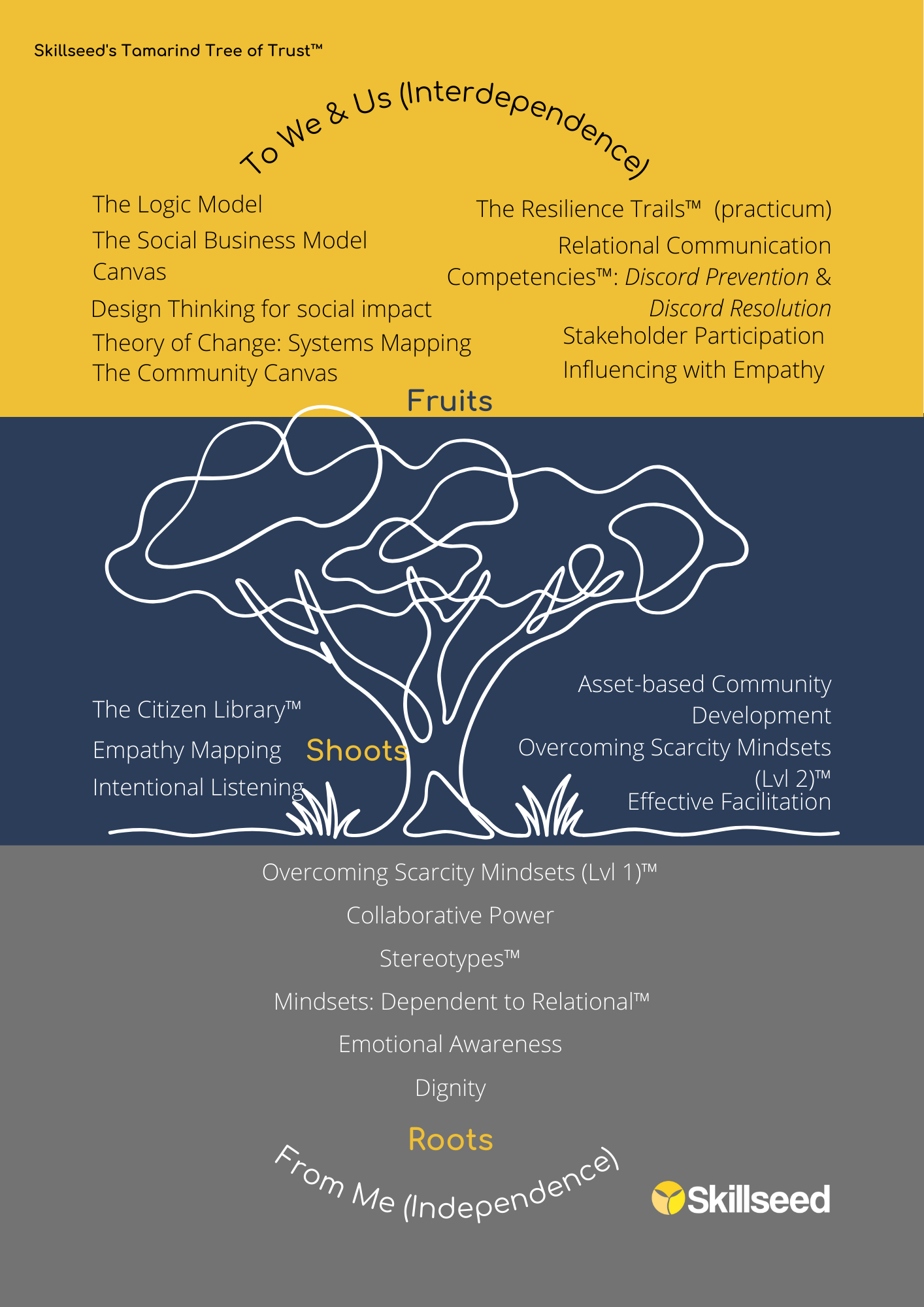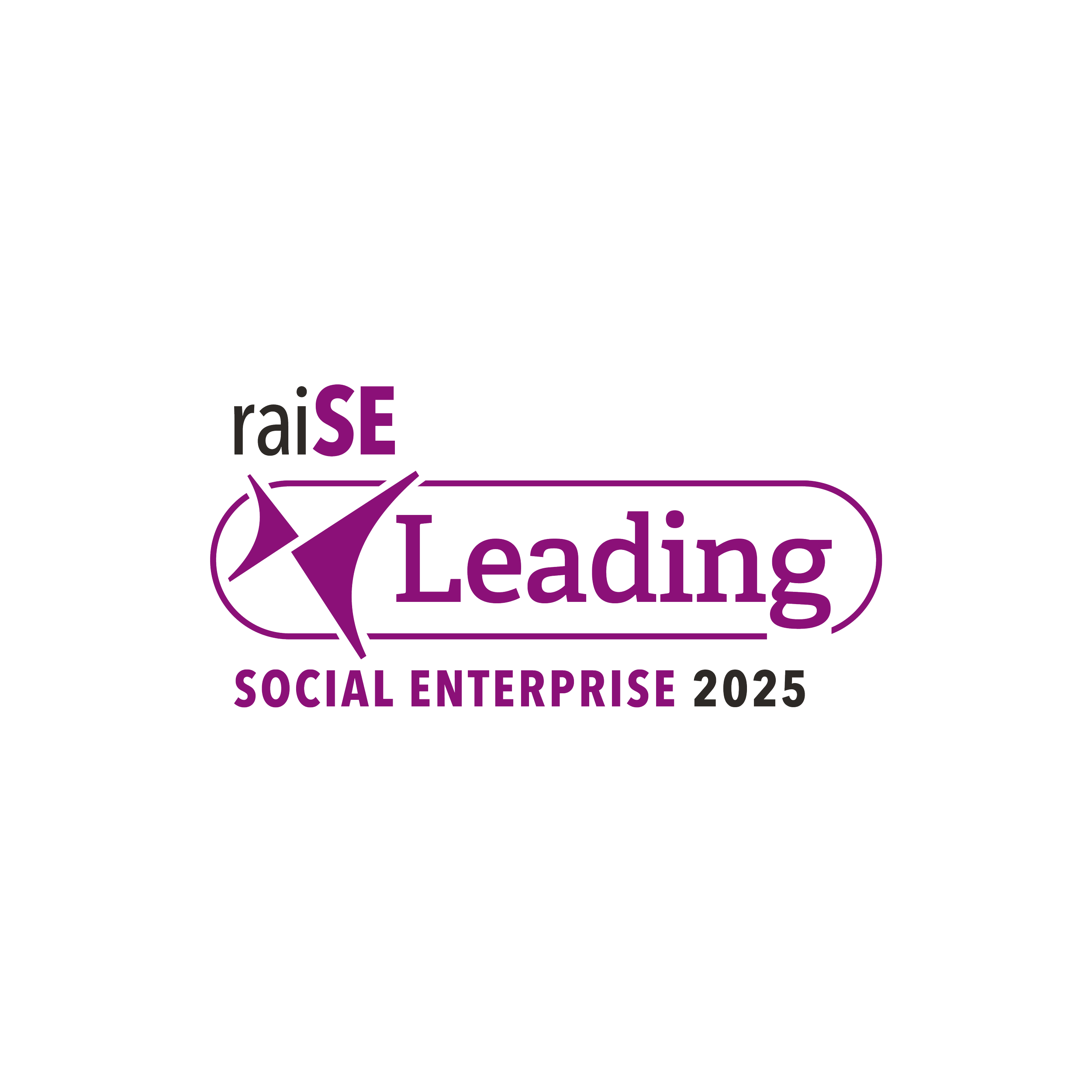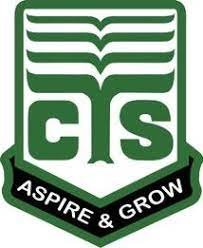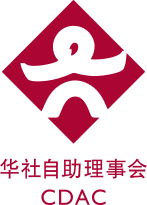A Tamarind Tree of Trust™
The Necessity Of Trust
Like oxygen, trust is intangible yet certainly vital. Remove it, and relationships suffocate. Social fabrics disintegrate. We also need trust in order to lead and be led by others—it’s a necessary force for connection. A study by Gallup found that leaders who are trusted by their employees can engage as much as half of them at work. Meanwhile, an absence of trust causes this number to drop to one in 12 employees [1].
Consequently, trust is the lowest functioning denominator of our societies. The profusion of oxygen provides explosive potential. Similarly, when trust flows, it enables us to rapidly bounce back from global catastrophes like COVID-19 [2]. In abundance, we can ignite collaboration. Thus, to nurture a participative citizenry [3], to build a citizen-centric public service, to tighten our social compact [4], we must continue fostering trust.
[1] Brian J. Brim, 7 Oct 2021. Strengths-Based Leadership: The 4 Things Followers Need. Gallup.
[2] PM Lee, 24 Apr 2022. Trust a”most precious resource” critical in Singapore’s COVID-19 Response. The Straits Times online article.
[3] Ang, H.S and Soon, S. 2021. Transformation in the Public Service, Emerging Stronger From The Pandemic. Ethos Issue 22.
[4] DPM and Minister for Finance, Lawrence Wong at the 2022 May Day Rally. CNA Article: 4G team to develop 'Forward Singapore' agenda, setting out roadmap for next decade and beyond: Lawrence Wong.
A Typology of Community & Citizenry Trust
Historically, much has been written about trust within corporate settings, with a paucity in community contexts. Gleaning from our insights in community work over the last decade, we propose a simple Community Trust Scale™ that flows from Dependent to Relational Trust.
Exhibit A: Skillseed’s simple Community Trust Scale™ flowing from Dependent to Relational Trust.
In maturing and developed economies like ours, the presence of Dependent and Transactional Trust is almost premised. In our current global context, however, we suggest that shifting citizenry expectations, progressive polarisation of communities and increasing transnational friction necessitate a gravitation towards Relational Trust. We believe that forward-thinking and proactive leaders that lean into this shift will position their communities, organisations and nations for resistance and resilience viz. future uncertainties.
The Nature of Trust
At Skillseed, we often (jokingly) introduce ourselves by clarifying that we are not an agricultural company, though we plant seeds of skill and change in our communities. Indulging our farming fantasies momentarily however, we imagine ourselves to be not a traditional manicured plantation, but a regenerative food forest - an edible landscape comprising trees, shrubs and vegetation layers that grows with and restores nature. Clearly, one cannot immediately reap the benefits of a food forest without first carefully tending to the soil and nurturing the various plant layers.
Similarly, we can’t pour trust out of a sachet. To cultivate Relational Trust, we must therefore intentionally and patiently labour at its drivers [5,6]: dignity, authenticity, empathy, shared power, and a strength-oriented approach (sharing power and an asset-based approach contribute to dignity) . These concepts may seem familiar, simple, perhaps even pedestrian. But that does not mean that they are simplistic. How might we consider them pragmatically and synergistically in growing Relational Trust, towards the transformation of our relationships, communities and nation?
[5] Zenger J. and Folkman, J. 2019. The 3 Elements of Trust. HBR Article.
[6] Frei, X.F. and Morriss, A. 2020. Begin With Trust. HBR Article.
A Tamarind Tree of Trust™
In nature, trees are a keystone species. The roots, trunk, branches and leaves nourish and provide critical support to a host of other lifeforms that altogether compose a forest. In urban Singapore, trees are an important element of our streetscape that provide a multitude of benefits.
Likewise, we envisage Relational Trust as a tree. A living structure that spans vertical, horizontal and temporal dimensions, unlocking all the other aspects of community building and partnerships. A tree that first has its roots deeply anchored in the ground, thus providing a sound foundation, before its crown extends outwards in connection with others. Not just any tree, however, but the Tamarind Tree.
Grown throughout the tropics, the Tamarind Tree is likely familiar to many of us. Its piquant juicy pulp - or Asam - is an important feature of many dishes we are familiar with. Whether manifested as Asam Pedas, Imli chutney, Mee Siam, Worcestershire Sauce, Curry Fish Head or 潮洲蒸鱼, Asam reminds us of home, or perhaps more intimately, Grandma’s cooking. And few things speak of trust like Grandma does.
Here, we outline a holistic model (Exhibit B) that integrates the mentioned Relational Trust drivers and more with partnerships and community engagement concepts that will engender this evolution of our communities and citizenry.
Exhibit B: Skillseed’s Tamarind Tree of Trust™ illustrating the learning logic, holism and connections between the different trust drivers and concepts
Our Frameworks
Roots
Foundational Concepts That Anchor
Roots anchor. Though largely unseen, they provide a critical foundation to the entire tree architecture and feed the entire plant.
Likewise, modules in this category relate to our often hidden mindsets and paradigms that govern our actions. They also provide a firm bedrock to ground our practice in building communities of deep trust. These modules thus form the core of this rhizosphere.
Modules include:
Emotional Awareness
Dignity & Stereotypes
Collaborative Power and Spheres of Influence
Mindsets™: Dependent to Relational, Stereotypes™
Mindsets™: Overcoming a Scarcity Mindset (Level 1)
Shoots
Bridging Concepts That Spread Trust
Shoots connect. They comprise the main stem (or trunk in the case of trees), branches and leaves that constitute the observable parts of a tree. Shoots therefore provide structure, linkages and form.
Similarly, the tools here expand our repertoire and help to bridge the fundamentals to more advanced methodologies. They offer us practical handles for engaging our stakeholders with dignity, empathy and empowerment.
As connectors, these frameworks have diverse applications, and can be experienced alone or stacked with the Root modules.
Modules include:
Intentional Listening
Empathy Mapping
Effective Facilitation
Mindsets™: Overcoming a Scarcity Mindset (Level 2)
Asset-based Community Development (ABCD)
Citizen Library™ (practicum)
Fruits
Seeding A Virtuous Cycle
Fruits yield. They have their origins in flowers, which were designed to mix and cross pollinate. Fruits are thus the botanical acme of collaboration.
These are therefore the togethering-instruments to reach for, to bring our partnerships to fruition.
Of course, our flagship Resilience Trails™, an experiential practicum component also falls under this Fruits sphere.
Modules include:
Theory of Change: Systems Mapping
Influencing with Empathy
Relational Communication Competencies™ (Discord Resolution (AAARR)™, Relational Questions, and Discord Prevention (RRAAAA)™)
Stakeholder Engagement
Community Canvas
Design Thinking for Social Impact
Social Business Model Canvas (SBMC)
Logic Model
Practising and applying the concepts of the Tamarind Tree of Trust™, whether stacked in totality, or as topical applications, will foster an increased sense of cohesion, ownership and deep trust in our communities.
In Exhibit C below, we outline a schema that illustrates how this maps with the Roots, Shoot and Fruits, as well as other participative models. For a granular navigation of each tool’s nuances and applications, we invite you to explore this site and our refreshed Client Kit.
Exhibit C: A simple schema showing how the model maps with other participative and experiential models.
Trusting Forward
We are constantly experimenting and innovating as we learn from our communities and partnerships. If you found this useful and would like to keep a pulse of future developments, please follow our socials or reach out via email. We are currently brewing three related projects: A Community and Citizenry Trust Audit, a Trust Roadmap and a Community Trust Canvas. Stay tuned for more!
May we build communities of deep trust and collaboration together.
Our Previous Clients
Curious about what we can do for you?
Inquire about our programmes or leave a message with your interest and we'll reach out!


